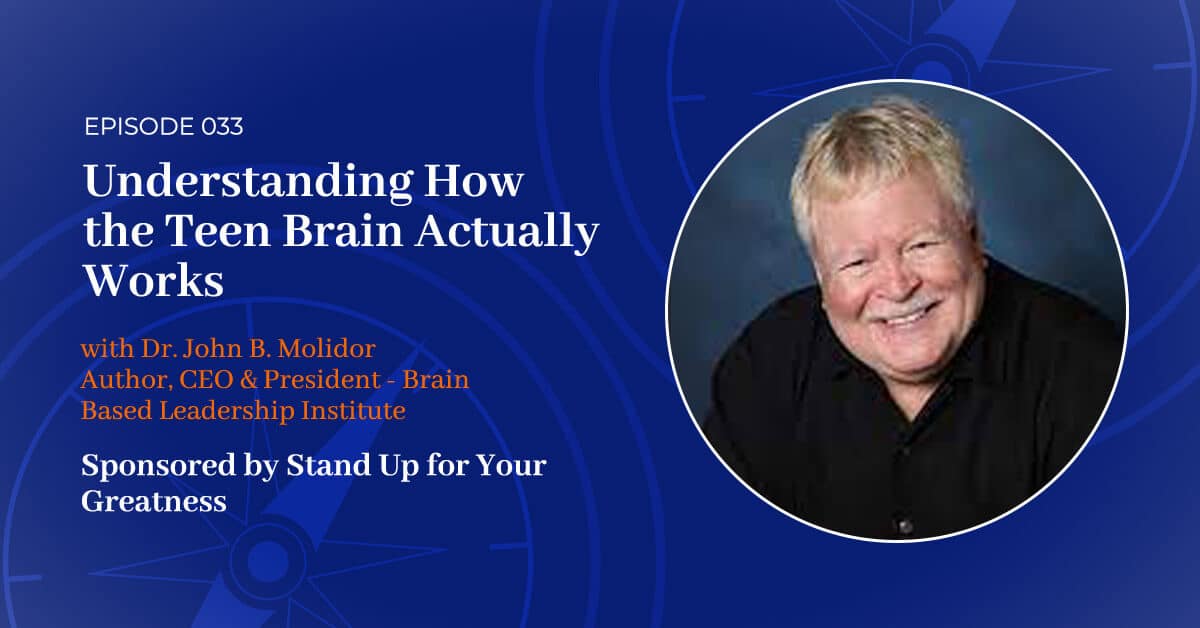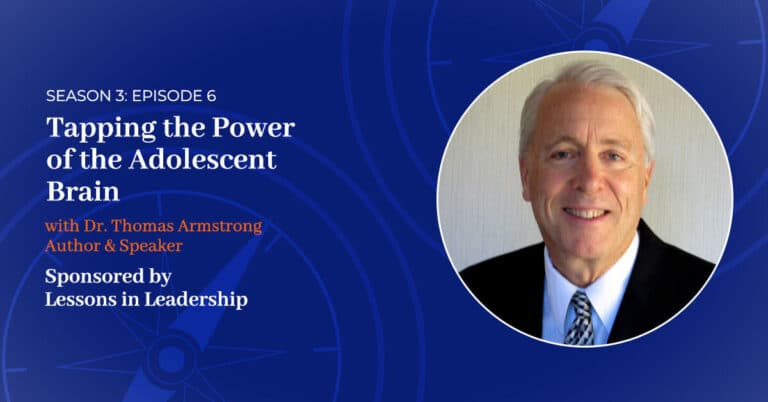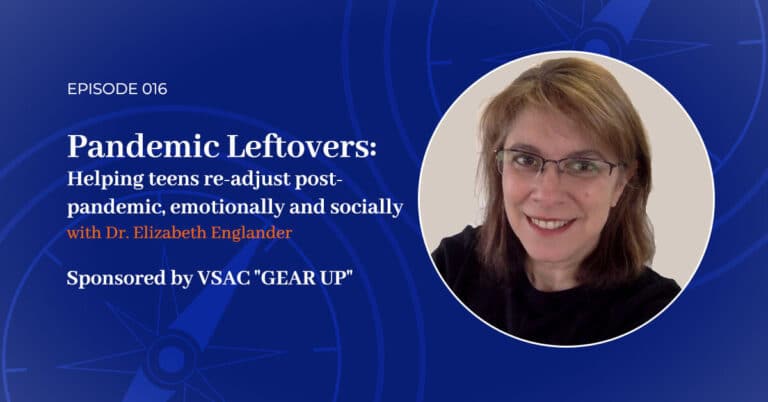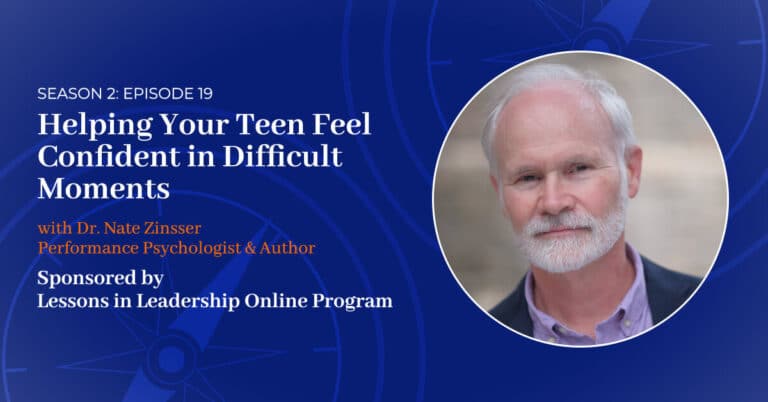Dr. John B. Molidor, CEO & President of the Brain Based Leadership Institute, works with people to better understand how their brains work. He guides his clients towards using their brains more efficiently and to help them make better decisions. In this episode, he explains why it can be so frustrating working with your teen as they begin to enter adulthood. Your brain doesn’t fully form until you’re 25 years old, so it’s important for parents to practice a bit of grace when your child makes illogical mistakes.
Key Takeaways
- Why do teenagers do some of the most ridiculous things sometimes?
- Chances are that teenagers don’t really have a good reason for some of the actions they do. Their brain is not fully formed.
- We’re asking our teenagers to grow up faster than what their brains will allow. Brains don’t fully form until about 25 years old, however our teenagers can start driving at 16.
- How can we get our teens to follow simple directions? It’s not always them being defiant!
- How can parents help their teens better develop a healthy brain?
- The brain is the only thing in our bodies that can change and get rewired.
- Let’s talk about the importance of sleep for your teen.
- Parents also need to follow by example and practice good sleep hygiene.
- You can teach an old dog new tricks! The brain is always learning.
- What routine should you have after you’ve learned something new?
- Why is hydration so important? The brain is made up of water!
- Dr. Molidor offers additional resources if you’d like to learn more about the brain!
- The brain and the body really needs sunshine. Even if you live in a gloomy place, make an effort to get out and be in the sun.
Quotes:
“Let them nap during the day instead of having them sleep till 1pm. Sleep consistency is important.”
“The beauty of some of this is by saying to your teenager, ‘You need to do this’, you start to examine your own biases and things that have been ingrained in you and then you can ask, ‘Is this true?’”
“You can’t teach an old dog new tricks? That’s wrong. You can teach an old dog new tricks.




